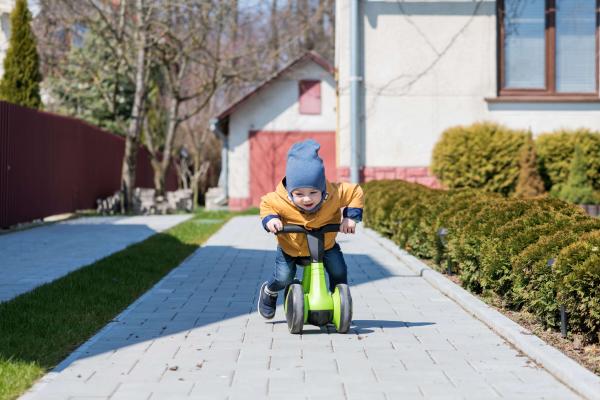Oct 14, 2022
Societally we focus a lot on spanking, I think, because it seems to draw such a line between barbarism and civility, or, seen from the other perspective, between parents who are serious about discipline and those who are wishy-washy. But spanking isn’t the issue behind the issue. The issue behind the issue is authority — the right to exercise power.
Read the Full Article

Already a subscriber? Login
